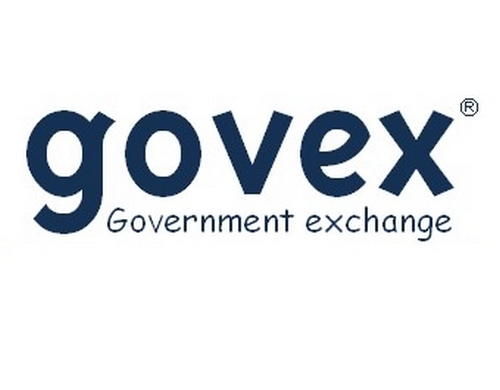"The goal is to make better use of public money"
Public procurement makes up 19% of the EU's annual gross domestic product, but how do we guarantee best value for money? The Parliament is currently working on new rules to ensure a more effective and transparent use of public money when public authorities pay for goods or services. The internal market committee will vote on the plans on 5 September. We talked to Marc Tarabella, a Belgian member of the S&D group responsible for steering the new rules through the EP, about how it works.
What are the problems that this package will tackle?
It is clear that one of the stated goals of the directive was - and still is - to make better use of public money. It is a major step forward to say clearly that the lowest price is not the main criterion for awarding a contract anymore, but the most economically advantageous offer. This is important because it helps to tackle the deals that are low only because they really compromised on quality and also to tackle unnaturally low tenders.
There is also an important chapter about subcontracting, because public money is too often lost through subcontracting chains. Then it is the responsibility of members states to go further and to demand the same transparency and the same level of information in the rest of the chain.
Rules include respecting European directives, national laws and collective labour agreements if contracts are awarded, as a criterion of selection and even of exclusion. A company that does not comply with them should be excluded from bidding.
Who will benefit from the new rules? Will small and medium-sized enterprises now have greater access to public procurement?
The rules will ensure simplification. Small businesses are no longer obliged to transmit a variety of documents before beginning the procedure, but they can - for example through the electronic procedure - obtain information and bid electronically. This is obviously something that is attractive to small businesses, which are too little involved in the public market. We wanted them to participate more because this is good for the economy. Decreasing the administrative burden is a good improvement.
The rules stress the importance of innovation. How will the public authorities be able to encourage it more?
We cannot say that we want a more effective spending that serves citizens and the European economy, while not reserving a privileged space for innovation. We introduced a special procedure ensuring that public authorities may prefer a partnership with an innovative firm to favour innovation, to give it the chance to be really fully effective in the economy.
Source : Europa.eu


